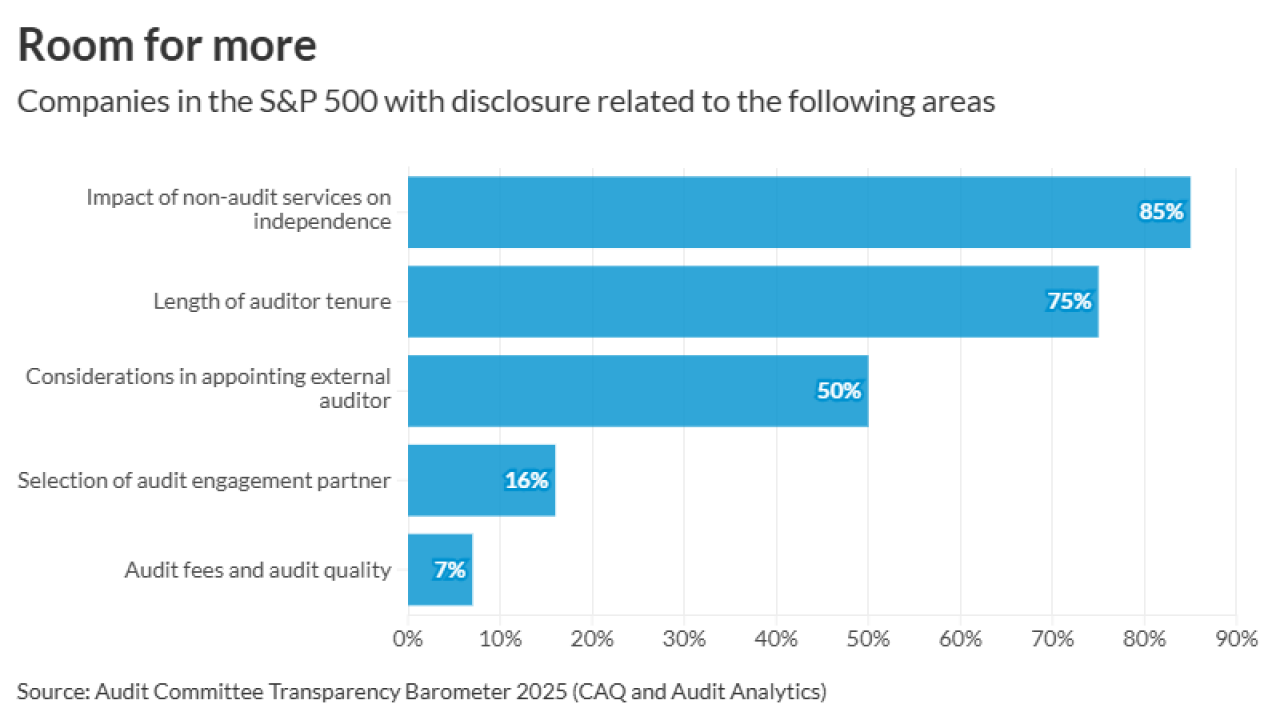According to
So, it's no wonder so many accountants decide they want to go out on their own. But, even though it is one of the most profitable businesses to start, there are still pitfalls many new accounting firm startups fall into. To improve your odds of successfully starting up a new accounting practice from scratch and avoid the school of hard knocks, here are the top mistakes new accounting firms make.
1. Undercapitalized
Just like any new business, many accounting firm startups are undercapitalized and don’t realize the lag-time from the time a new client is acquired to when cash comes in the door.
To improve your odds of success, you should have personal savings to cover one year's worth of living expenses and assume the business generates very little in the first year to your family living obligations.
Worst of all, insufficient capitalization leads directly to the second biggest mistake many new accounting firms make.
2. Clueless about marketing
Surprising as it may seem, many new accounting firms rarely budget funds for marketing and lead generation. They intrinsically think that joining the chamber of commerce, along with referrals from friends and family, will generate enough leads for new business. As a result, they will ramp up slower than expected in the first six months which will create cash flow issues in year two.
The truth is, that's just not how business works anymore. When starting and growing an accounting practice, you need to be willing to embrace the concept that marketing is a vital piece of your new business
To avoid this mistake, we recommend all new accounting firms attend a practice marketing seminar or online course specifically tailored for accountants so you know how to use marketing for lead generation amongst small business owners. Do your research and find a provider that understands the unique accounting industry and shares tried and true modern marketing skills for accountants.
3. Selling on the cheap
Many accounting firm startups run into a problem that many new business owners do: They are willing to accept fees that are too low at the onset. They figure that rock-bottom prices will make the medicine easier to sell.
The problem with doing this is it is challenging to move those clients obtained in the first six months of operating to reasonable fee levels down the road. As a result, you are stuck with the perception that your fees are “below market norms.” And referrals that come from these clients will expect “below market” rates as well.
Learning how to price your accounting services and clearly justify the value to small business owners is key to avoiding this mistake. You don't want to undervalue your work or end up with cheapskate clients down the road.
4. Poor cash collection process
Many new accounting firms don’t realize that very few businesses pay promptly. They intuitively think that mailing out monthly bills is adequate, which it is not.
Successful service businesses transition cash collection into a process that ensures they get paid promptly. In fact, cash collection needs to be a core competency to avoid cash flow crunches. To avoid cash flow crunches, we suggest BizPayO, a payment-processing portal. This tool allows you to set up to get paid on autopilot from your clients. It makes getting paid a lot quicker and reduces the possibility of write-offs.
5. Failure to differentiate your services
Many new accounting firms start off without a plan to build a “better” mousetrap that yields higher profit margins. They think that building just another accounting firm is adequate.
While I understand the motivation to run your own ship and operate independently, you should have a plan to develop a practice that yields above average fees, so you can hire better than average staff underneath you (and retain them). This will allow you to grow and run a successful business instead of having a business that's running you. Differentiating your practice allows you to stand out from the crowd, reduce competition, and acquire higher-quality clients with higher fees.
6. Overlooking your loved ones
Startups in any industry demand longer than normal workweeks, create financial strains and cause periods of going into survival mode. The commitment required to start the business extends beyond “me” and must be “we.” Gain support and buy-in from your family and loved ones before you hang out your shingle.
7. Lack advice from a mentor
Gain insight into the development process from someone who has developed a successful accounting practice. People like to talk about their business – don’t be afraid to ask questions. And because this is not a new industry, there are plenty of accountants to canvass. Learn how to do it smarter and avoid obvious pitfalls.
It may also be worth it to seek out a long-term mentor as well.
In the end, we all make mistakes along the road of entrepreneurship. Your goal should be to avoid the obvious ones and learn from your mistakes, so you don’t repeat them.





